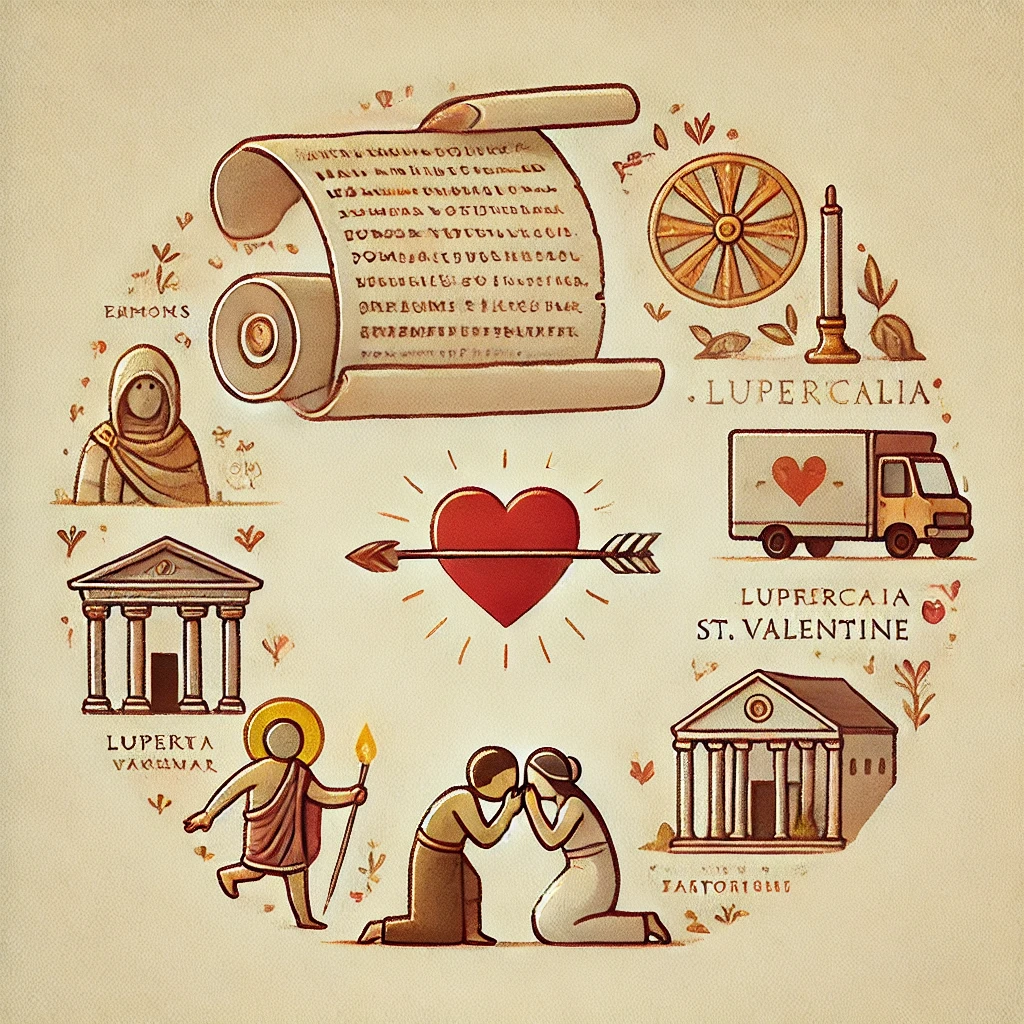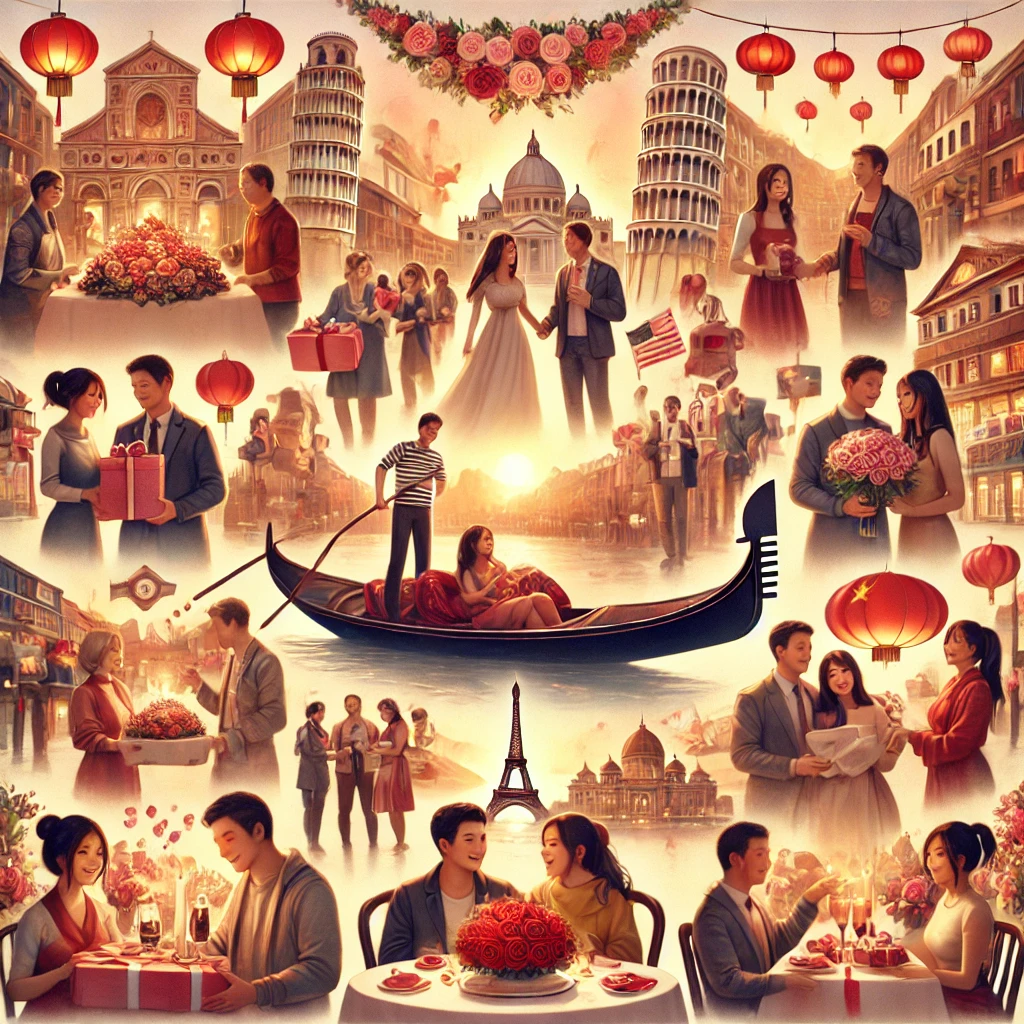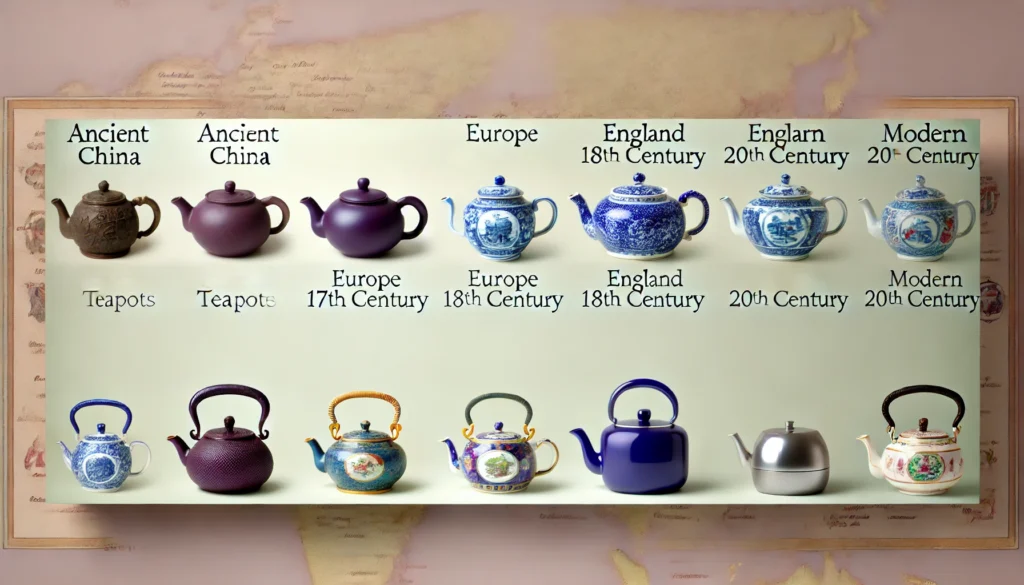Valentine’s Day, celebrated annually on February 14th, is one of the most beloved holidays around the world. This day, dedicated to love and affection, has evolved significantly over time. It serves as a chance to show appreciation for those we care about, whether through meaningful gestures or heartfelt moments.
The Origins of Valentine’s Day
Valentine’s Day originated in ancient Rome, where it was part of a pagan festival called Lupercalia. This celebration, held in mid-February, honored fertility, love, and the arrival of spring. Later, the story of St. Valentine gave the holiday its association with romantic love.
Several legends surround St. Valentine, a Christian martyr believed to have been executed by Emperor Claudius II in the 3rd century AD. According to one popular story, Valentine defied the emperor’s ban on soldiers marrying, believing that love was essential to human well-being. He secretly married couples and was martyred for his actions. His act of defiance set the foundation for the holiday we now recognize as Valentine’s Day.

Modern Celebrations and Traditions
Valentine’s Day has evolved far beyond its religious origins. Today, people celebrate it with gifts like cards, chocolates, flowers, and other thoughtful presents. The tradition of exchanging “valentines” is widespread, with many adding poetic messages or simple notes to express their feelings.
The day isn’t just about gifts; it’s also about spending quality time with loved ones. Couples often celebrate with romantic dinners, weekend getaways, or cozy moments at home. Families and friends join in as well, exchanging cards and small tokens of affection.

The Global Influence of Valentine’s Day
While Valentine’s Day has roots in Western cultures, it has become a global celebration. In Japan, women traditionally give chocolates to men on February 14th, and men return the gesture on White Day, March 14th. In South Korea, couples celebrate by enjoying special meals or exchanging gifts.
Valentine’s Day has transformed into a day to honor love in all its forms. People now celebrate romantic love, familial bonds, and even self-love. Around the world, it has become a reminder to appreciate all types of relationships.

Valentine’s Day Gifts and Symbolism
Valentine’s Day is known for its iconic symbols and gifts. Red roses, representing passion and love, are the most popular flowers given on this day. Chocolates, heart-shaped gifts, and other thoughtful tokens are also common. Some may write personalized love letters or share intimate meals to express their affection.
For others who prefer a minimalist approach, a handwritten note or quality time together can be just as meaningful. Valentine’s Day is about expressing love in a way that fits your relationship, whether through grand gestures or simple moments.

A Day for Self-Love
In recent years, many people have embraced the idea of celebrating self-love on Valentine’s Day. This holiday serves as a reminder to appreciate ourselves and practice self-care. Whether it’s enjoying a hobby, relaxing with a spa day, or reflecting on personal growth, self-love has become an essential part of the celebration.

Conclusion
Valentine’s Day isn’t just for couples. It’s a day to celebrate love in all its forms—whether with a partner, family, friends, or yourself. Embrace the spirit of love and connection, not just on February 14th but every day of the year. Cherish the relationships that matter most, and spread love wherever you go.
🎁 Explore More Valentine’s Day Gift Ideas:
Unforgettable Valentine’s Day Gifts for Teens❤️



